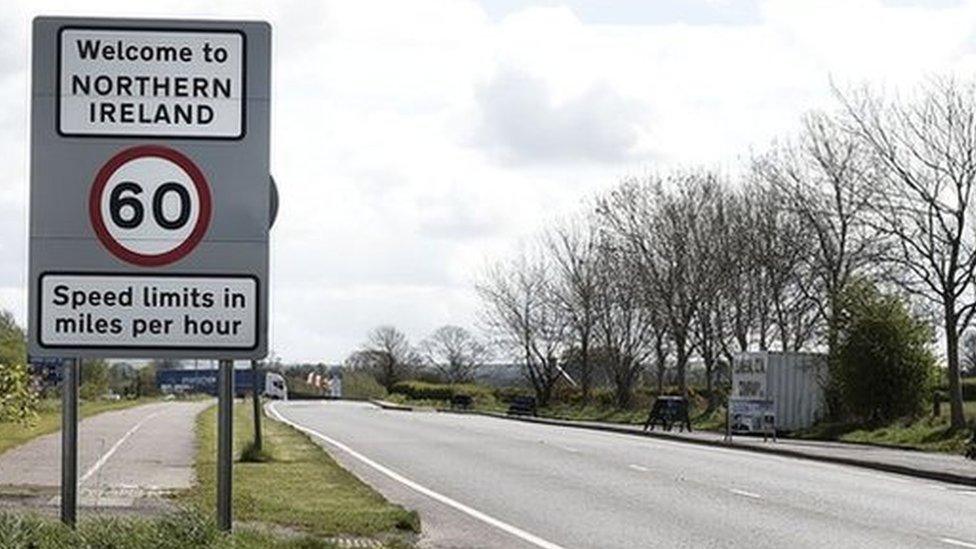UK's Brexit position paper on Ireland: Political reaction
- Published
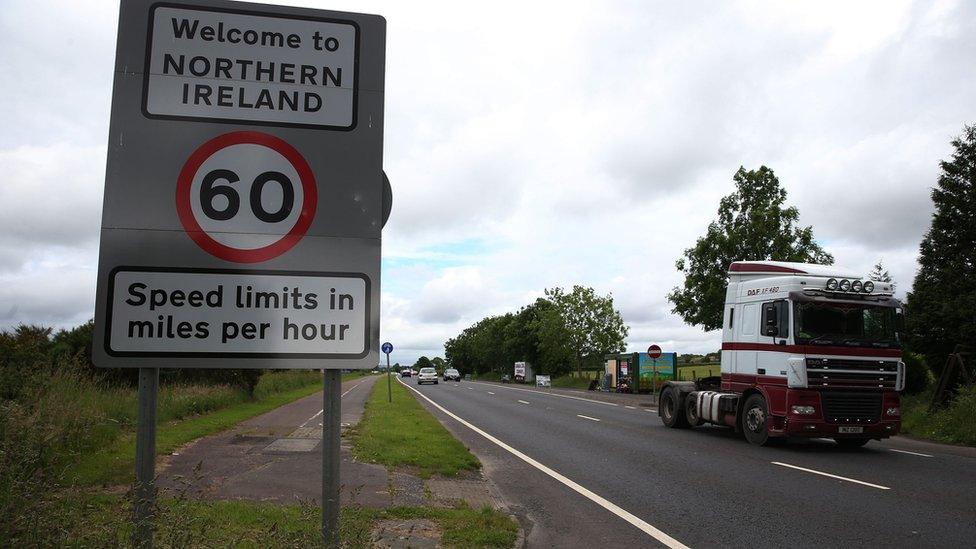
There should be no customs posts at the Irish border, the government says
The government has outlined its proposals for how the relationship between Northern Ireland and the Irish Republic should work after Brexit.
In a position paper unveiled on Wednesday, it said an "unprecedented solution" will be needed to address the issue of the Irish border.
The management of the border is one of the most sensitive Brexit issues.
Political figures have been having their say in response to the government's post-Brexit plan.

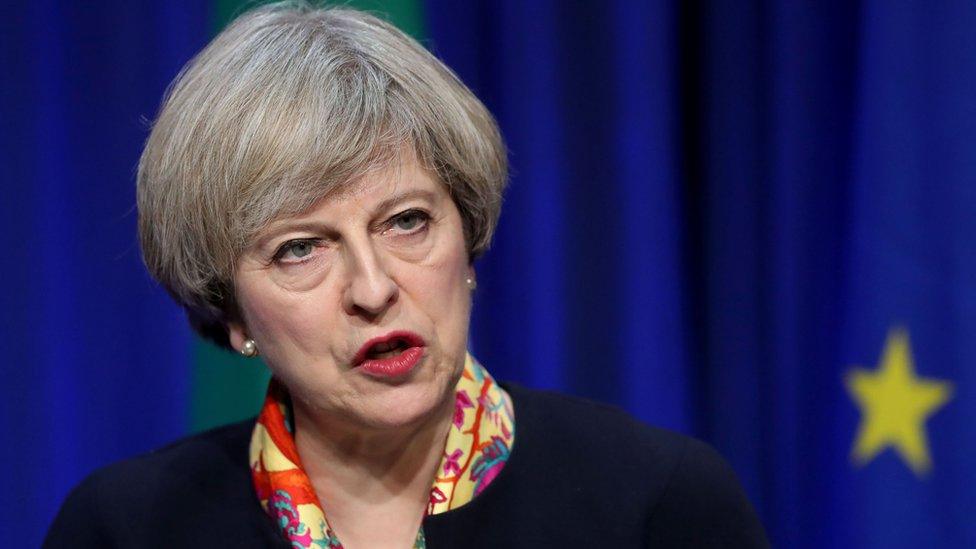
Theresa May, prime minister
"What we want to see is an arrangement in relation to customs and borders with the European Union that can enable us to see no return to the hard borders of the past in Northern Ireland.
"That's not just in the interests of Northern Ireland and the United Kingdom.
"It's in the interests, I think, of the Republic of Ireland and the European Union, too."

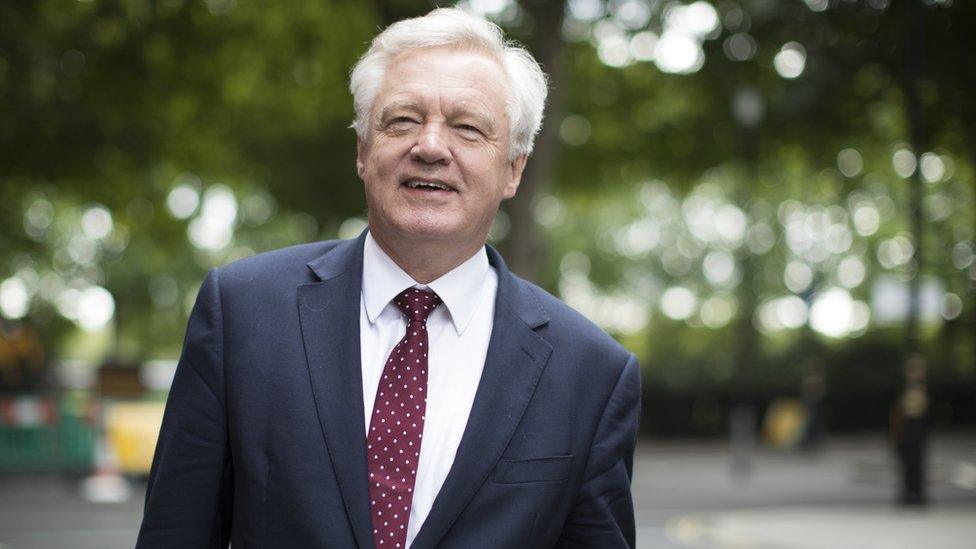
David Davis, Brexit secretary
"The UK and Ireland have been clear all along that we need to prioritise protecting the Belfast Agreement in these negotiations, and ensure the land border is as seamless as possible for people and businesses.
"The proposals we outline in this paper do exactly that, and we're looking forward to seeing the EU's position paper on the Northern Ireland border.
"In committing to keep the Common Travel Area, which has existed for nearly a century, we're making sure UK and Irish citizens will continue to be able to travel, live, work and study across both countries."

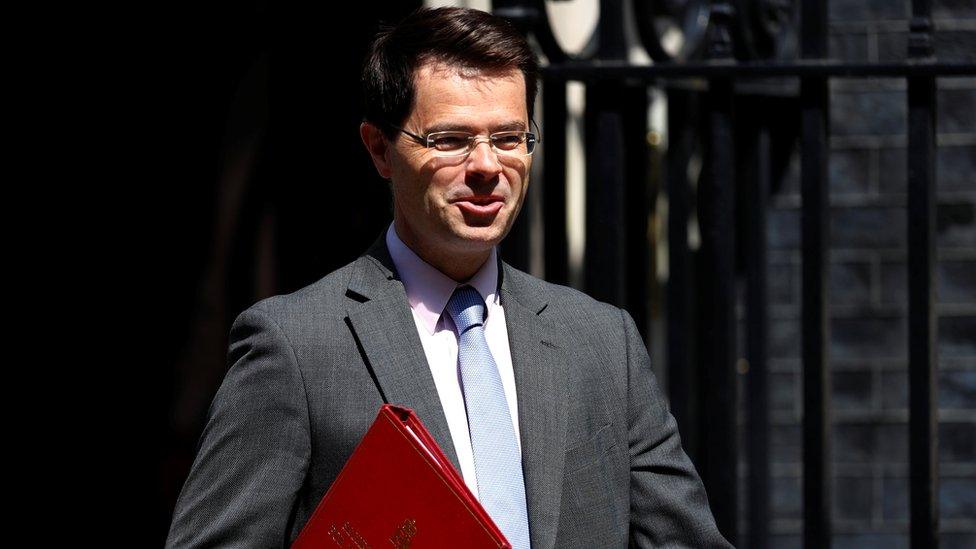
James Brokenshire, Northern Ireland secretary
"The paper demonstrates our desire to find a practical solution that recognises the unique economic, social and cultural context of the land border with Ireland, without creating any new obstacles to trade within the UK.
"It is clear that there are many areas where the UK, Ireland and the rest of the EU have shared objectives.
"We have a lot to build on but need to work together intensively over the coming months."

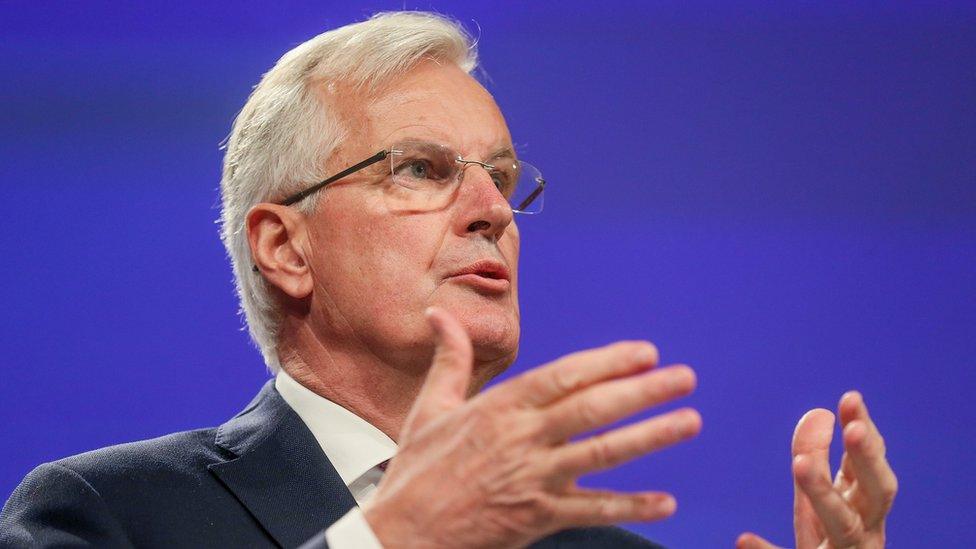
European Commission
"We see the UK's publication of a series of position papers as a positive step towards really starting phase one of the negotiations - the clock is ticking and this will allow us to make progress.
"On Ireland, we would reiterate what (chief negotiator) Michel Barnier (above) has said before: 'We must discuss how to maintain the Common Travel Area and protect, in all its dimensions, the Good Friday Agreement, of which the United Kingdom is a co-guarantor.
"'It is essential that we have a political discussion on this, before looking at technical solutions.'"

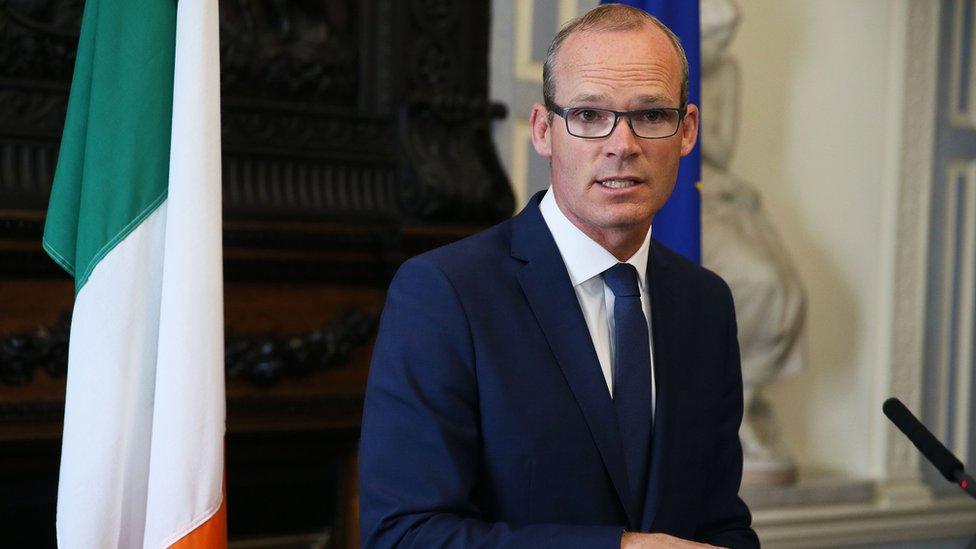
Simon Coveney, Irish foreign affairs minister
"Those principles, we agree with the vast majority of them.
"They are aspirational and they reflect a lot of the language that the Irish government has been using, in terms of maintaining the status quo, frictionless borders.
"What we want essentially is an invisible border, which is what we have at the moment."

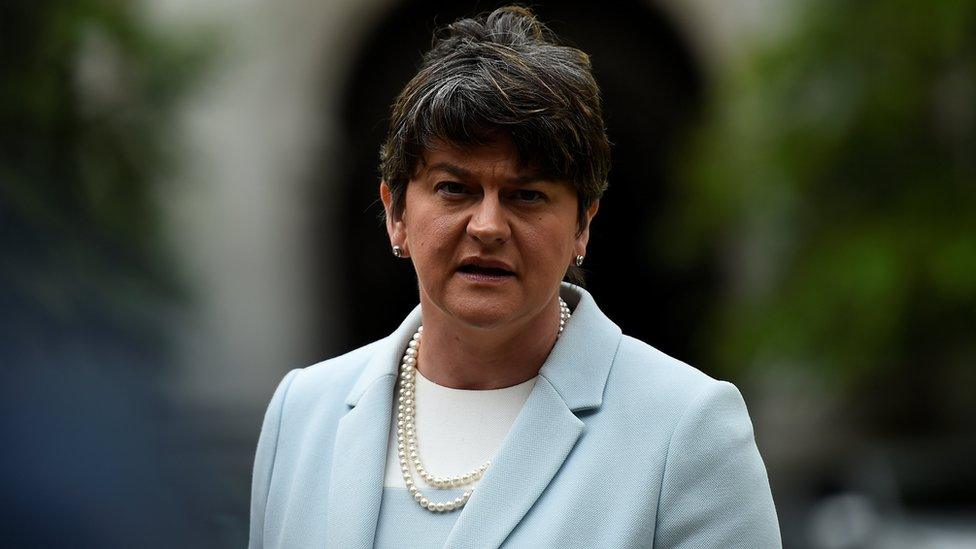
Arlene Foster, Democratic Unionist Party leader
"It is clear the government has listened to voices in Belfast, Dublin, Brussels and London about how the United Kingdom's only EU land border could be managed after we exit the EU.
"It is welcome news that the government will not countenance any new border in the Irish Sea.
"The DUP will not be deflected by those who want to refight old battles - we will focus on getting the best deal for Northern Ireland."

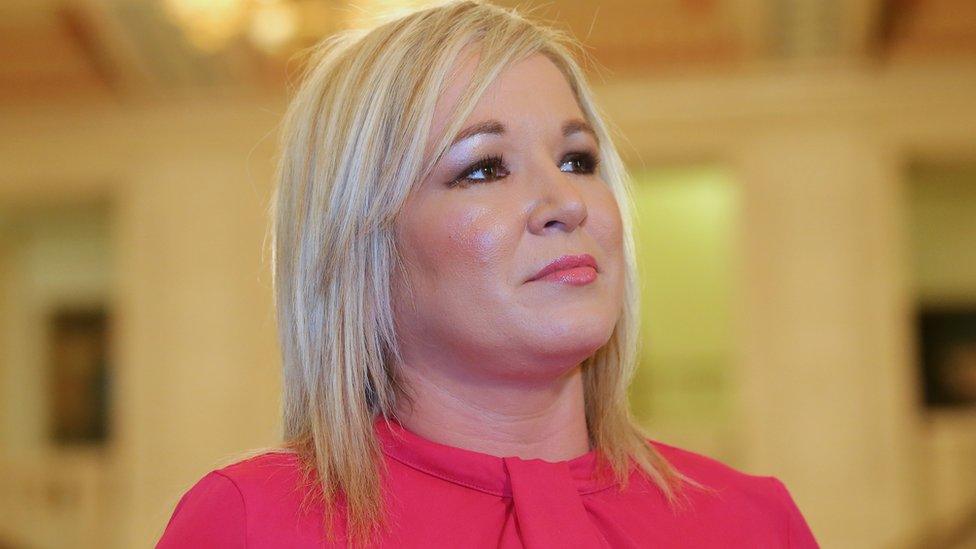
Michelle O'Neill, Sinn Féin's Stormont leader
"The document is big on rhetoric but thin on actual commitments - the Tory proposals fail to manage or minimise the impact of Brexit on the north.
"What they are really saying is: 'Agree to our terms on the customs union if you want to protect the Irish peace process.'
"If that is the case, it is a disgraceful attempt to play politics and exploit the EU's commitment to our peace process in order to further their own ends."


Colum Eastwood, Social Democratic and Labour Party leader
"The British government position is confused and conflicting. We know that the Irish government, through the European Union, opposes a hard border, customs posts and CCTV monitoring.
"The British government now claims to be opposed to such measures as well. How can that be reconciled with plans to abandon the customs union?
"There is an easier answer to the Irish border question - the British government could give up its hard Brexit position and negotiate to remain a member of the European customs union."

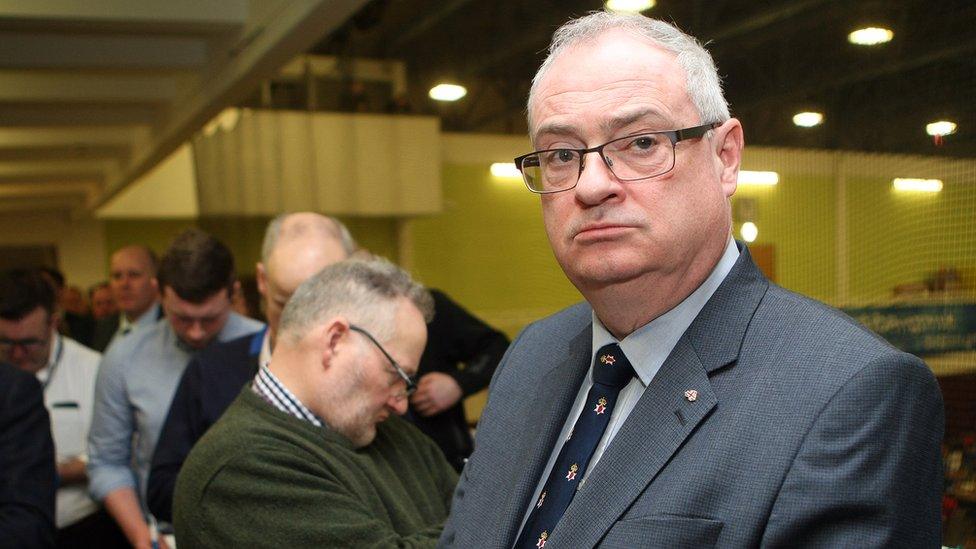
Steve Aiken, Ulster Unionist Party MLA
"The position on achieving an as seamless as possible transition from the current European Union relationship between the UK and the Republic of Ireland is to be welcomed.
"The calls from Irish Republic and nationalist politicians for Irish unity as a response to Brexit are clearly totally unnecessary and provocative."

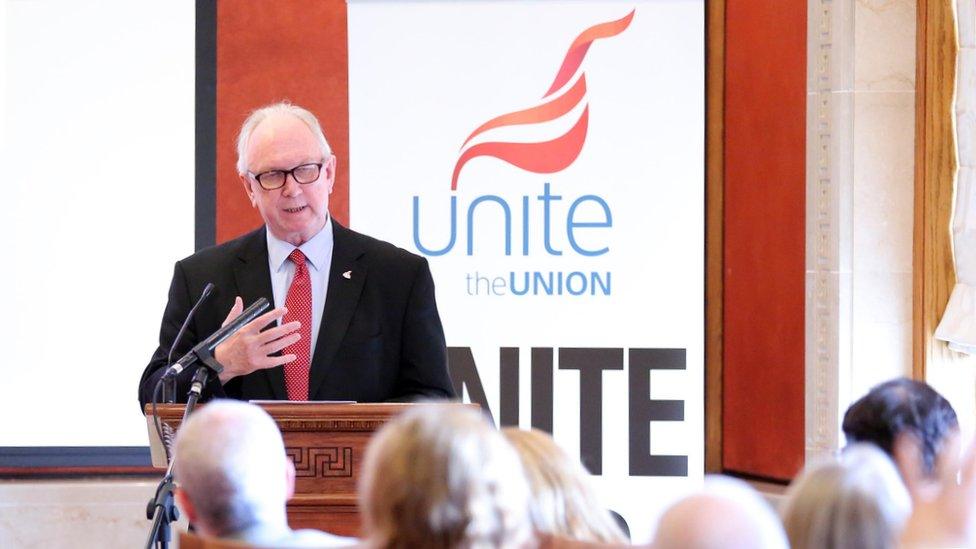
Jimmy Kelly, Unite trade union regional secretary
"The proposals published today offer at best a temporary band-aid for the consequences of the UK's decision to leave the EU customs union.
"[They] will only prolong the uncertainty that is inhibiting investment and casting a shadow over the economies on both sides of the border.
"In attempting to have their cake and eat it, the Tory government is in danger of creating an Alice in Brexitland scenario."
- Published16 August 2017
